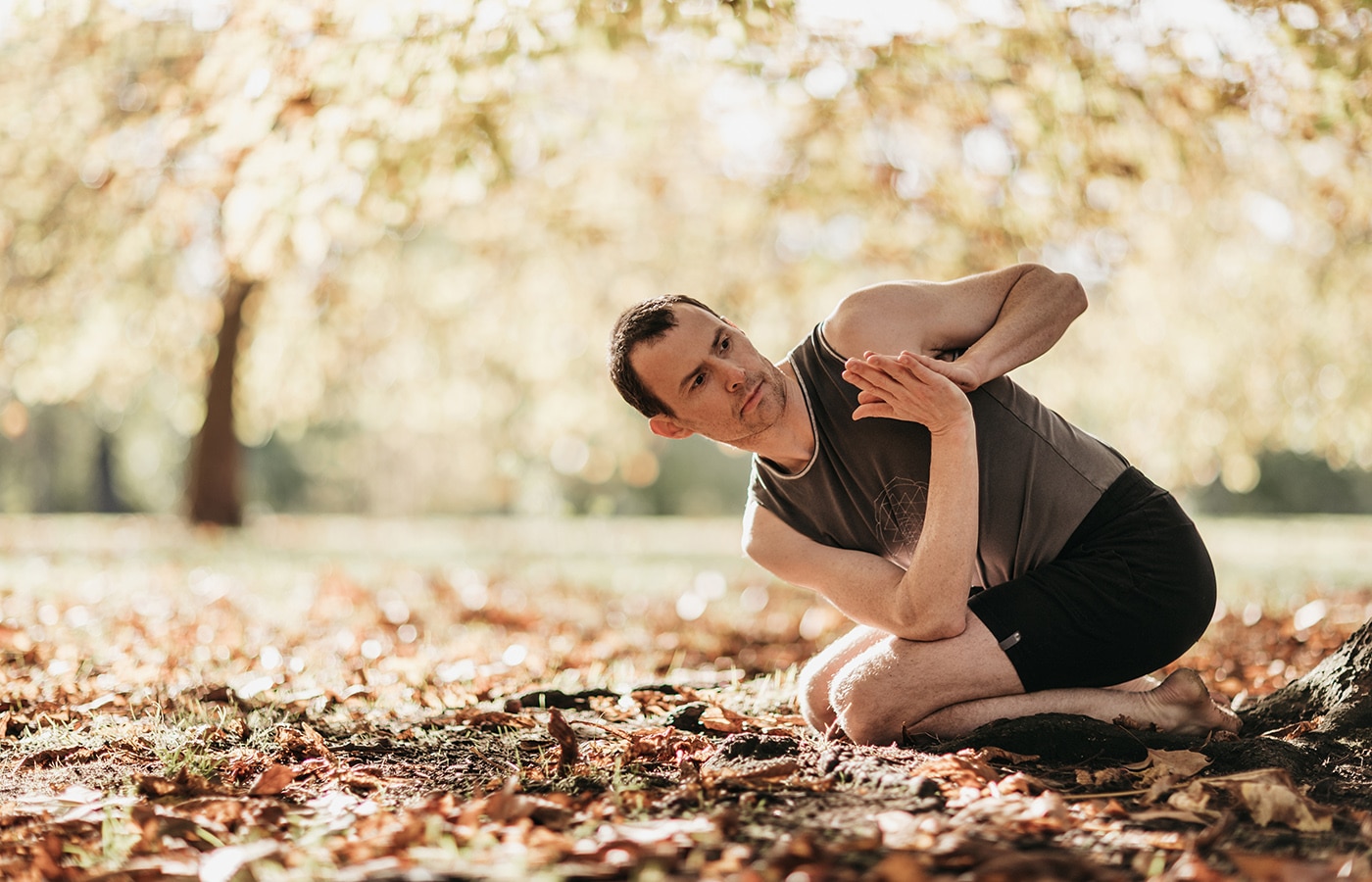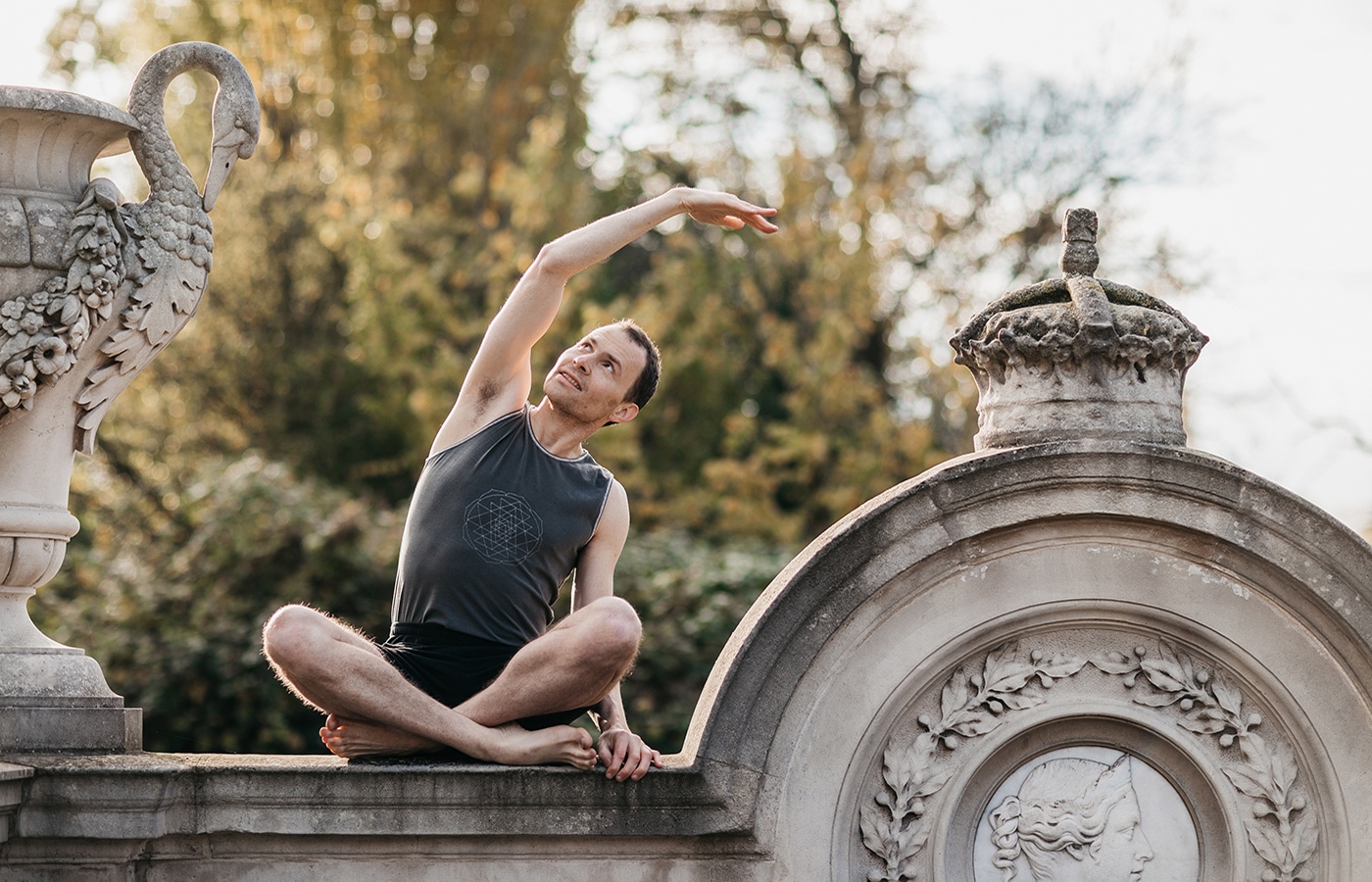
I often start my ‘dharma’ talks in our weekly mindfulness sessions at the bank with “life is all about suffering”. If one is truly practising mindfulness, then being ‘mindful’ means acknowledging that life, for the most part, has a rather darker aspect to it.
I was asked recently if I could give a talk on maintaining your wellbeing at work during the pandemic. I raised the idea that if we are truly to get through this crisis, then an acknowledgement that life is about ‘suffering’ is required and that the way to get through this crisis is to ‘soften into your experience’. It’s fair to say that to present this rather philosophical idea to a group of financial services workers – that life is not just earning a decent income and living a comfortable life, but rather that we should think about life in terms of suffering, was an interesting and brave angle to take.
To my pleasant surprise, the approach caused some deep thinking amongst my colleagues – one of them had one of those moments they call the “Baader-Meinhof phenomenon“. I was pleased to receive this feedback from one such colleague the following day:
“Hi Scott, opened the paper this morning and there is an article about suffering! I will be 55 next month and all these years have never thought of it that way. Thank you for the enlightenment.”
The article concerned was aptly titled: “Should we be more pessimistic” which is essentially an article summarising that behind every silver lining in life, lies darkness. Life, it seems, is to be enjoyed within the shadows of suffering. With our constant striving to achieve and to get ahead in life, the glow of success will eventually fade and cease. The pleasure of living is often seen before the backdrop of the reduction of our suffering.
“Even sensual pleasure itself consists in a continual striving and ceases as soon as its goal is reached,”
writes Arthur Schopenhauer in his interesting philosophical musing about life and the vanity of existence.
I’m glad that I’m not the only one who is rather realistic about their time on the planet. As Schopenhauer describes, life begins in the moments of carnal desire, and ends with the inevitability of illness and the last throes of death. Where is the joy to be had when reminded of one’s own mortality?

Of course, I’m not advocating that the fact that we are all going to die one day (unless you’re one of those ‘life-hackers’) is a reason to be depressed about life and living in general. It’s rather a reality check to all those elaborate dreams and ambitions, both on the corporate and personal level, which disguise themselves as “goals”, “strategies” and “visions”.
That’s not to say that being a visionary in what you want to accomplish or achieve in life is necessarily a bad thing – it’s just that when the very process of accomplishing and achieving merely becomes a ‘tick the box’ exercise, the illusion of mistaking ‘goal-setting’ for ‘satisfaction’ becomes apparent. With the inevitable question of ‘what next’ arising after the glow of realising that goal or strategy fades, the next dopamine-fuelled goal or strategy is set creating a ‘virtuous’ vacuous circle. It’s a reason many suffer a mid-life crisis, since acquiring material possessions or climbing the career ladder results in them looking around and asking, where’s the meaning in all this?
What has this got to do with ‘being mindful’ you may ask? Practising mindfulness after all, has its roots in the word to ‘remember‘, or ‘sati’ in Pali. By remembering that within life there exists the whole spectrum of physical and emotional pain, and we all experience the weariness and dissatisfaction of general living, we have a choice. We can either choose to live our lives rejecting and resisting all that makes life at times difficult (as the world is experiencing in the midst of the Coronavirus pandemic), or we can choose to accept and ‘soften’ into our experience.

It’s also about remembering that everything has a life-cycle of its own, that nothing lasts forever, neither does it truly exist.
That’s not to say that we wish for those things to be different – those which bring about pain or hardship. There are many unpleasant experiences in life that we would rather not endure. But rather, it’s about choosing to relate to that experience, rather than being part of that experience. The Buddha himself, after explaining the 1st Noble Truth, on his first sermon after realising enlightenment said:
When an untaught worldling is touched by a painful bodily feeling, he worries and grieves, he laments, beats his breast, weeps and is distraught. He thus experiences two kinds of feelings, a bodily and mental feeling….
But in the case of a well-taught noble disciple, when he is touched by a painful feeling, he will not worry nor grieve and lament, he will not beat his breast and weep, nor will he be distraught. It is one kind of feeling he experiences, a bodily one, but not a mental feeling.
Whereas sadness and unpleasant feelings happen to us all, when we choose to transform that experience into a more intense and persistent state, then the original cause of suffering is amplified. For me then, ‘softening’ is the most appropriate label to describe the response to the often unavoidable emotional and physical pain we all suffer in our lives. That pain may take some time to process, which is all part of the cycle of healing, but it’s the subtle secretions of the mind and how to choose to respond to those thoughts, which can be the difference between a life that is bearable and one that can become unbearable.
The choice then is yours – to either assume that life is otherwise – that pain is the opposite of pleasure, that darkness is a repudiation of light, or that growing old is the antithesis of youthful exuberance, or you can choose to yield to the laws of nature and accept the inevitability of our transient existence and embrace more mindful living.
Look around you right now, is there anything more to life than this? Become awake and soften into whatever is your experience.
Scott
If I can help you during this crisis through yoga, please feel free to get in touch, or join me for one of my weekly online yoga classes. You can find out more about my classes here.
To learn more about how yoga & meditation can transform your busy personal and professional life, please get in touch with me or email me at Scott@yogibanker.com


